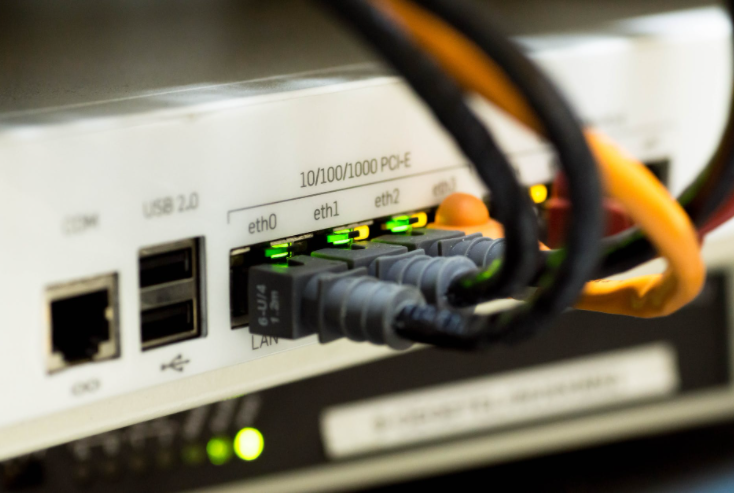Virgin Media has given tips that are universal for any home broadband internet user that may boost their web connection for any type of usages such as web streaming, browsing, work, and school-related concerns. While the company is mainly featuring their services in the United Kingdom territory, the advice they have is adept for everyone's assistance.

What is great about Virgin Media's tips is that it gives people a chance to boost their internet speeds and connections at home, and this does not cost an additional payment or plan expansion within the company's services. In addition, as an Internet Service Provider (ISP), Virgin knows that could affect and threaten internet connection speeds upon usage.
Read Also : [UPDATE] Elon Musk Confirms SpaceX SN11 Test Flight New Launch Date: How to Watch, When, and What to Expect
Virgin Media: How to Boost Internet Connection Speeds
In a report by Express UK, Virgin Media has recently released several helpful tips to boost internet connection at home, especially if it is powered by broadband connections that mainly depend on wirings and signal towers. Since the world is still reliant on broadband connections, people can have signals stronger in one area, and significantly lower on the other.

Router Positioning
The first tip given by Virgin Media is to check the positioning of the router at home, especially as it is a massive factor in the way it transmits a signal from the broadband WiFi to devices that use the internet. Strategically placing broadband at home can significantly boost internet connection as people know it, especially if it is within its strong signal and vicinity.
Additionally, it is a good idea to reposition it in a strategic sense since Virgin said that its "hub" should be facing upright, and not downwards as its signal could beam to the floor, instead of across the room. People should also take into account other electronic devices that could interfere with its signals such as telephones and baby monitors.
Utilize 2.4GHz and 5GHz Devices
Most broadband routers and internet hubs feature the dual bandwidth connection of 2.4GHz and the 5GHz connections, which both have their list of pros and cons. It is widely known that 2.4GHz features a lower bandwidth (and traditional) but has a longer range that could reach farther depths in one's house. On the other hand, 5GHz devices are more powerful but are limited in range.
Additionally, most wireless devices use 2.4GHz bandwidth connections, which may interfere with the internet speed and power, along with it being the choice for most households to use. The 5GHz internet bandwidth may have a limited range, but fewer people use it and can offer less traffic within its systems.
Lastly, another tip from Virgin Media is to turn off unused devices that are still connected to the internet as they seep data connection and speed from the main device that a person is using. For example, when a user plans to stream movies via their television, turning off the WiFi for other devices, such as phone and laptop, could enhance your internet speed.
This article is owned by Tech Times
Written by Isaiah Alonzo
![Apple Watch Series 10 [GPS 42mm]](https://d.techtimes.com/en/full/453899/apple-watch-series-10-gps-42mm.jpg?w=184&h=103&f=9fb3c2ea2db928c663d1d2eadbcb3e52)



